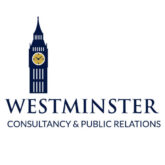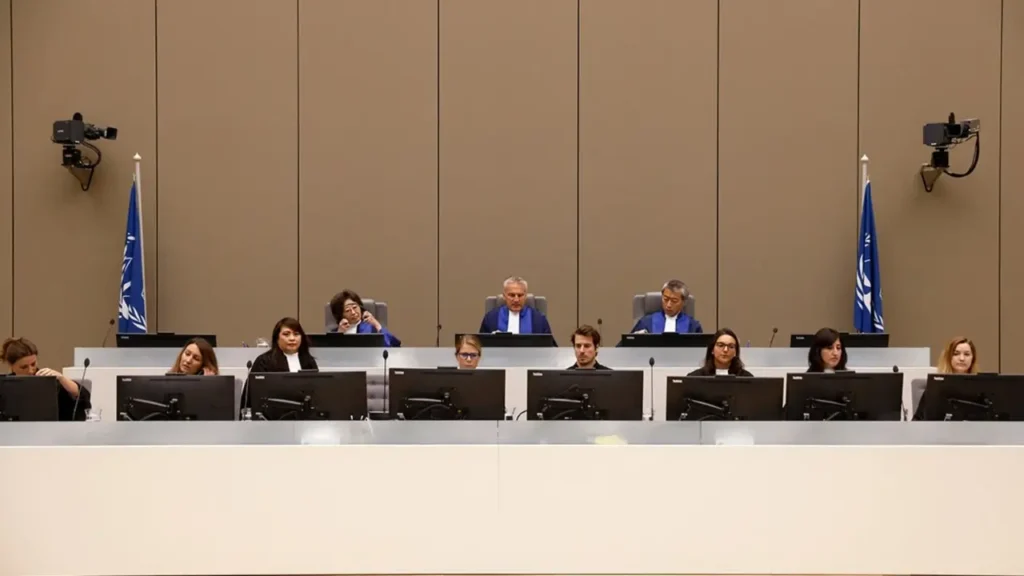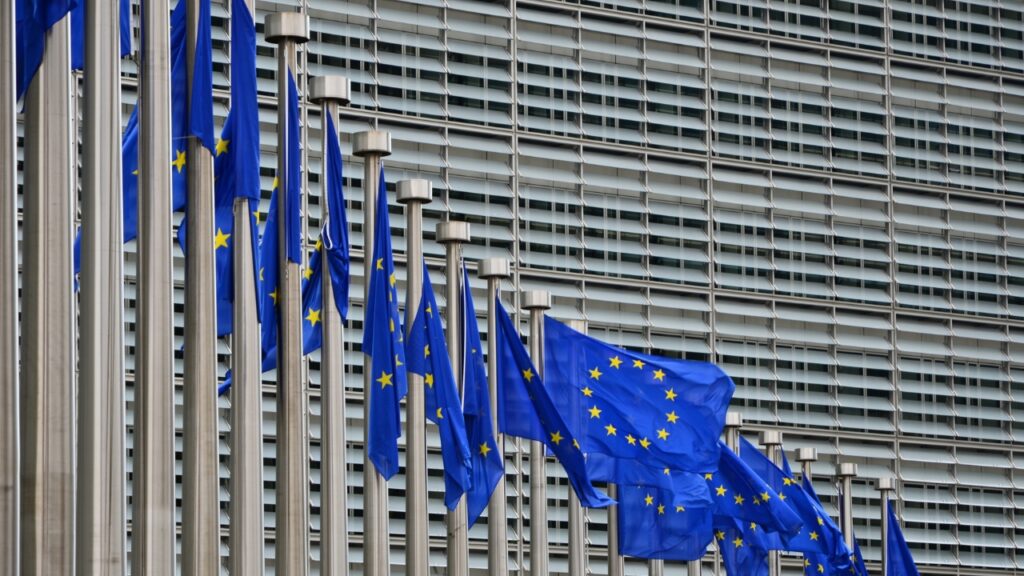Effective Campaign Management in Modern Politics
Running a successful political campaign requires far more than slogans and speeches — it demands strategic planning, data-driven insight, and genuine connection with voters. Whether you’re an emerging candidate or an experienced campaign manager, success depends on your ability to build a clear vision, understand your electorate, and mobilise support effectively. At Westminster Consultancy, we […]










